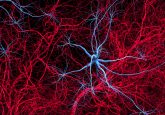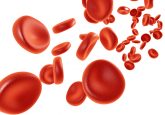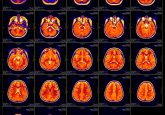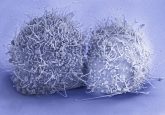Does valproic acid affect tumor growth and improve survival in glioblastomas?
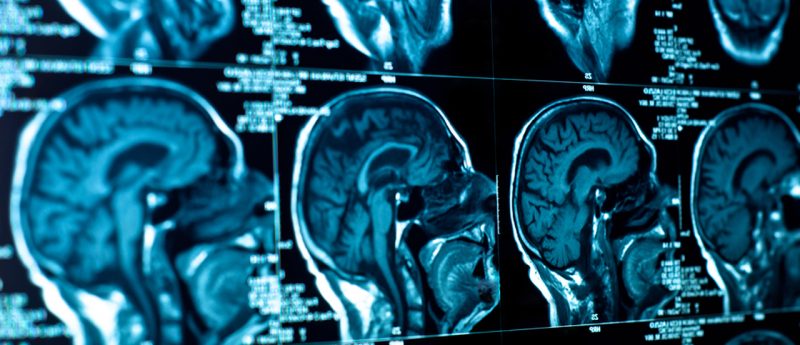
Valproic acid (VPA) is an anticonvulsant drug with established activity in controlling seizures in glioma patients [1–2]. The mechanisms of the antiepileptic activity of VPA are well known [3]: enhancement of the inhibitory effects of the neurotransmitter GABA, blockage of the voltage-gated sodium channels and T-type calcium channels, attenuation of NMDA-mediated excitation and alteration of firing frequency of neurons. VPA is extensively bound to plasma proteins (>90%), mainly to plasma albumin, and the extent of binding decreases with increasing drug concentrations. VPA easily penetrates the blood–brain barrier: mechanisms involve both passive diffusion and bidirectional carrier-mediated transport via an anion exchanger...
